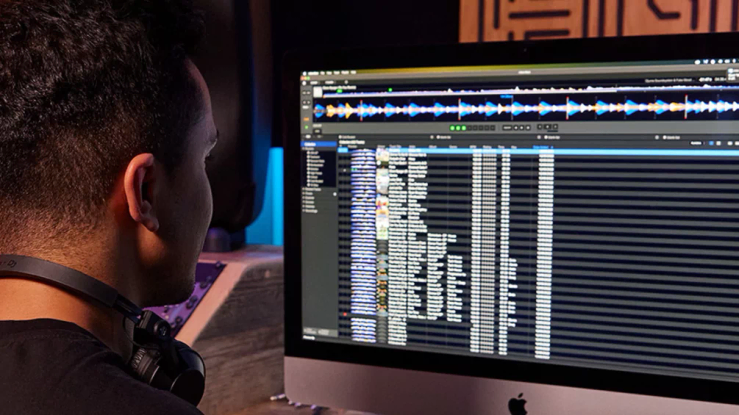What is the BPM of a song?

- What is BPM? BPM stands for Beats Per Minute. It is a measure of tempo in music. The BPM of a song is the number of beats that occur in one minute.
- How is BPM calculated? BPM is calculated by counting the number of beats in a song and dividing that number by the number of seconds in a minute. For example, if a song has 120 beats per minute (BPM), then it has 120 beats in one minute. This means that there are 2 beats per second (BPS). To calculate the BPM of a song, you would divide 120 by 60 to get 2 BPS.
- Why is BPM important? BPM is important because it helps DJs and producers know how fast or slow a song is. This allows them to mix songs together seamlessly without having any awkward transitions between songs. It also helps DJs and producers know what type of music they should play at certain events. For example, if a DJ is playing at a wedding reception where people are dancing, then he/she would want to play songs with a higher BPM so that people can dance more easily.
- How do I find the BPM of a song? There are many ways to find the BPM of a song. One way is to use a metronome. A metronome is a device that produces regular ticks or beats at different tempos. Another way is to use a BPM counter. A BPM counter is a device that measures the tempo of music. It works by detecting the number of beats per minute in a song. The BPM counter then displays the tempo of the song in beats per minute (BPM).